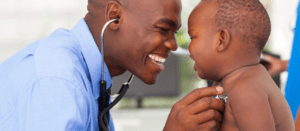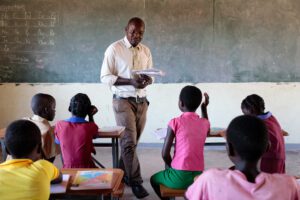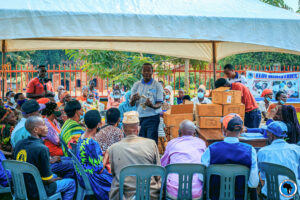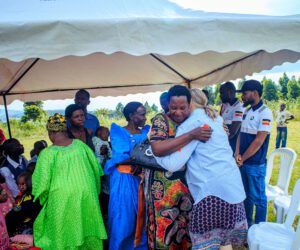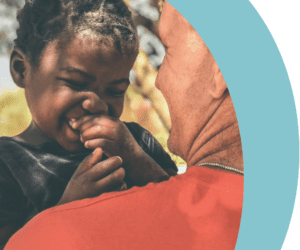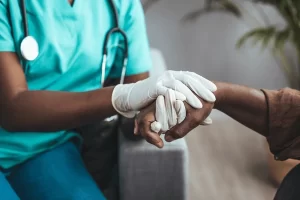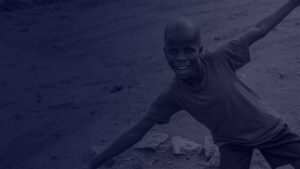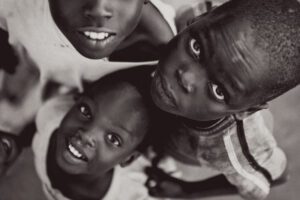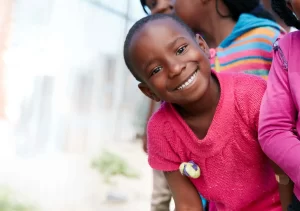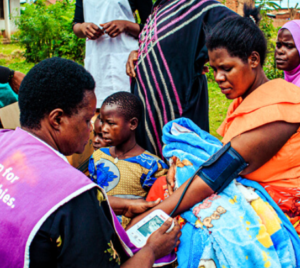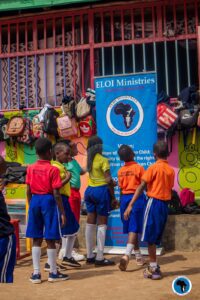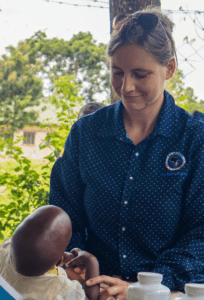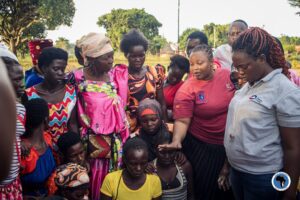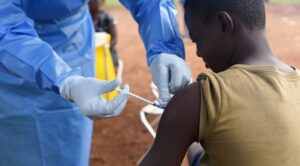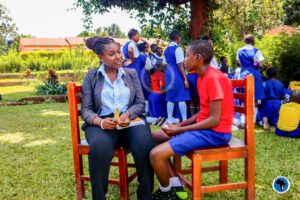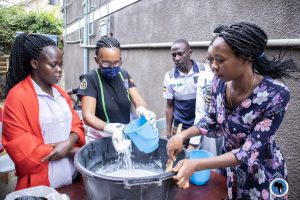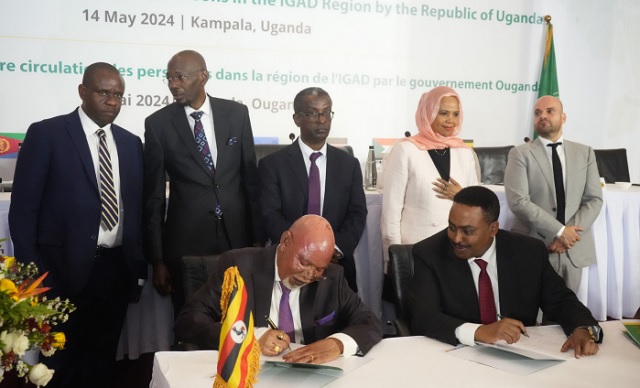
What to expect from Uganda signing IGAD Protocol
COVER STORY | RONALD MUSOKE | Uganda has finally signed the Intergovernmental Authority on Development (IGAD) protocol that allows lawful free movement in and out of citizens of the countries of the East and Horn of Africa region.
By signing of the Protocol on May 14 in Kampala, Uganda signaled that it intends to facilitate the safe and orderly movement of its citizens and those of the IGAD bloc.
At the signing ceremony that took place at Serena International Conference Centre in Kampala, Uganda’s Minister of Foreign Affairs, Gen. Jeje Odongo, correctly told the delegates that the IGAD member states are “actually late” in implementing the protocol on free movement of citizens within the bloc.
“When the IGAD was founded in 1986, there were instructions to implement this protocol,” Gen. Odongo said, “To take action so many years after that instruction is a little late but they say ‘better late than never.”
Gen. Odongo said Uganda made signing the protocol a priority because the African Union designated President Yoweri Museveni as a “champion of regional integration” which is an aspiration of the continental organisation.
“We must look at all instruments, look at all possibilities to bring us together so that we can be able to trade amongst ourselves, work peacefully amongst ourselves and be able to move labour across borders with ease,” he said.
It now remains to be seen how Gen. Odongo’s lofty rhetoric and President Museveni’s distinction as a Pan-Africanist will translate into the free movement of people in the IGAD region.
The IGAD bloc comprises eight countries from the Horn and eastern part of Africa, namely; Uganda, Kenya, Somalia, South Sudan, Ethiopia, Sudan, Djibouti and Eritrea. Uganda becomes the fifth IGAD member to sign the Protocol. That leaves Djibouti, Eritrea and Kenya to approve the protocol.
Uganda’s signing of the IGAD Protocol comes six years since the African Union Free Movement of Persons protocol was endorsed by the continental apex organization. It also comes 11 years since the East African heads of state signed an agreement for the removal of mobility restrictions of citizens in 2013.
To date, although citizens of Uganda, Kenya, and Rwanda can cross borders using their national identity cards, Tanzania and Burundi require them to present a passport.
There is optimism around Uganda’s signing of the IGAD protocol because it comes on the back of a slew of state initiatives towards free mobility of people. The Africa Visa Openness Report 2022 showed that 27% of all intra-African travel routes require no visa at all for citizens of African countries. This is up from 25% in 2021 and 20% in 2016. In 2022, 24 African countries (over 40%) offered eVisas to Africans, up from nine African countries in 2016.
Then there has been the push around the African Continental Free Trade Agreement (ACFTA) to reduce barriers to Africans crossing African borders. Lately, also Kenya, Rwanda and Uganda have made moves that signal increased openness to free movement of citizens. These countries now offer right of residence and right to work for their citizens across the three states.
Why fear of free mobility?
The IGAD bloc straddles a geographical area of about 5.2 million sq. km and has a population of about 300 million people. The bloc has been described as an area of “people on the move” by the ‘The State of Migration in East and Horn of Africa Report 2022’ that was published in May 2023.
Launched by the Kenyan government in partnership with IGAD, the International Organisation for Migration (IOM) of the UN, and the East African Community (EAC), the report was the first comprehensive study on mobility dimensions of regional integration in the East and Horn of Africa.
The report pointed out that while much research focuses on migration from Africa to other regions, notably to Europe and North America, there is actually considerable movement of people within the IGAD region.
It noted that in 2020, 68% of the 13 million emigrants from the region moved to another country in Africa. Of these, 57% (7.5 million) lived in the IGAD region. “This indicates that the largest movement of people takes place within the region and the continent,” the report said.
The report further noted that migration and mobility trends in the region are highly complex because 87% of the 8.5 million international migrants in the region originated from the region.
People moving to work represent a key component of the mobility, with 4.7 million migrant workers. But 22.3 million persons are displaced persons, including 16.9 million internally displaced persons and 5.4 million refugees and asylum seekers. But human mobility in the IGAD region also involves significant numbers of pastoralists.
“Conflict, violence, poverty and climate-related disasters continue to be leading drivers of migration and mobility in the region,” the report said. But freer people mobility also offers opportunity to trade, invest, and increased cultural understanding.
So, faced with both these grim realities but also the immense opportunities, why have some IGAD states remained hesitant to allow citizens to move freely across their borders?
It is largely because the richer democratic countries in the region, such as Kenya, fear that once they sign the protocol, they will be flooded by low-skilled economic migrants from poorer countries. But there are also fears among the poorer and less democratic countries such as Eritrea and Djibouti that signing the IGAD protocol could trigger political instability as their citizens flee to safer states.
This partly explains why, although the IGAD was formed in 1986 with emphasis on the protocol on free movement of persons, majority of states remain hesitant to sign its protocol. 1986 was the height of a very severe drought, famine as well as a desert locust invasion and communal violence in eastern Africa and member states felt threatened.
But it was in 2013 that the Summit of the IGAD heads of state and government adopted a minimum integration plan to serve as a roadmap for regional integration, in which the free movement of people is a key pillar. Then the protocol was only approved by the IGAD member state ministers in charge of internal affairs and labour in 2020.
Uganda signs protocol
Uganda’s signing ceremony was part of a three-day meeting of IGAD member states that was held in the lake side town of Entebbe to review the progress so far made with respect to the signing, ratification and domestication of the “protocol on free movement of persons and transhumance” following the IGAD ministerial meeting held in the Sudanese capital, Khartoum, in February 2020.
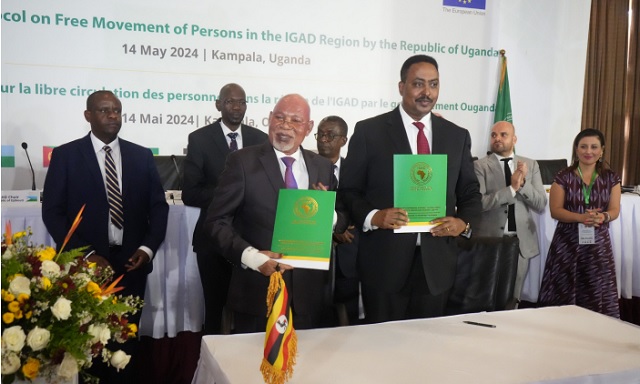
The signing took place in Kampala with Gen. Jeje Odongo, Uganda’s Minister of Foreign Affairs, appending his signature on the protocol under the watch of Dr. Workneh Gebeyehu (PhD), the IGAD Executive Secretary, Jackson Kafuuzi, Uganda’s Deputy Attorney General and State Minister for Justice and Constitutional Affairs, Balaam Barugahara, Uganda’s State Minister for Youth and Children Affairs as well as Guillaume Chartrain, the Deputy Head of the European Union Delegation to Uganda.
What protocol means
According to Dr. Gebeyehu, the IGAD Secretary General, the aim of the protocol is to achieve a progressive realisation of free movement of persons regime in the IGAD region that is safe, orderly and beneficial to the citizens of this region. He says this will facilitate options for secure livelihoods for populations, higher volume of regional trade, improved access to basic social services, and access unreached marginal communities and improved governance of rural areas by governments.
Gebeyehu also notes that the signing of the protocol reflects member states’ commitment to fulfill aspirations enshrined in both the UN and AU policy frameworks on free movement of persons and migration in general.
Rights within the law
Lucy Daxbacher, a senior expert and diplomat at IGAD who has been working closely on this protocol told the media on May 15 key tenets of the protocol include the right of entry and exit, right to reside, right to work, and right to establish business and enterprise in any of the member states of IGAD for any of the 300 million citizens of the IGAD region.
Daxbacher also noted that, owing to the region’s fragile nature, thanks to both natural calamities and man-made disasters such as war, as is presently the case in Sudan, “Citizens will be able to find a home wherever they wish to find it in these eight countries of IGAD.”
She said the IGAD protocol is the only one around the world that provides opportunity to host persons displaced by natural disasters. She said the IGAD region has defined migratory routes which include the Red Sea route where citizens traverse desert lands to the Red Sea and cross into Yemen where they try to reach Saudi Arabia in search of employment opportunities.
The other is the route to the Mediterranean Sea via Sudan and Egypt or Sudan via Libya to the Mediterranean Sea and into the European Union. Then there is the southern route where citizens try to cross into Kenya and continue to South Africa via Tanzania.
“That’s why I have noted that this region is on the move,” she said, “The IGAD protocol aims to give citizens a safe and regular pathway to the same things they are seeking without them making desperate journeys which are very risky for them across the Mediterranean and Red Sea.”
The internal opportunities created mean IGAD citizens will be accorded the same protection in any member country just like the national citizens, she said. Meanwhile, Daxbacher noted that much as the protocol accords free movement of IGAD citizens, that does not mean that citizens will not be subject to national migration laws.
“The citizens who are moving in our region must be accountable to the countries where they are travelling or in those countries which are hosting them,” she said, “A free movement regime will not and does not condone lawlessness and it does not condone transnational crime.”
“It is not free to the extent of being lawless, it is free in the context of full application of the laws in the countries of residence; it is free in the full context of support and facilitative immigration services; it is free in the sense of full application of right of establishment and right of residence.
“But the free movement regime will mean effective governance; effective governance of our borders; that our immigration services are on the ground but not only to the immigration but integrated border management where you have the whole broad government services including; security, immigration, port health, veterinary, phytosanitary and intelligence services.”
Protocol protects vulnerable citizens
Agnes Igoye, a migration expert at IGAD who also previously worked as Uganda’s negotiator on the protocol told The Independent that the protocol also has specific articles that take care of the movement of vulnerable communities such as women, unaccompanied children, women at risk and victims of trafficking. “As we talk about free movement, we have to make sure that everybody who is on the move must move safely,” she told The Independent.
“This is a very significant protocol to that effect because sometimes when people think free movement; it is like everybody is moving but, it also means that our eyes must also be on transnational organised crime.
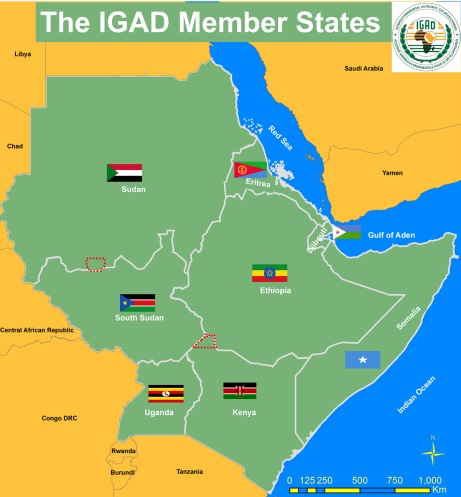
“We want to make sure that even vulnerable people have opportunity; because with victims of trafficking, they are lied to that there is a job somewhere. May that job be truthful, may we be able to guide them with information by targeting them specifically.”
“That means that even when you are doing awareness campaigns for this protocol; you have to be targeting vulnerable populations including victims of human trafficking. Vulnerable communities are on the move and they have a right to move but with transnational organised crime or people who recruit for illicit purposes, you know, not only good people move but also bad people move.”
“So that means dealing with issues of terrorism, drug trafficking, smuggling of immigrants. We want the movement of persons within this region to be humane; that when people are moving, their peace should not be disturbed; that they are moving to opportunity which actually exist; that their rights are being protected on the move, as they work or as they go to school.”
Marginalized pastoralist communities
Japheth Kasimbu, a transhumance expert at IGAD said the protocol also commits member states to invest more resources in the frontier zones which have been marginalised for decades.
He was referring to the fragile border areas of eastern Ethiopia/western Somalia, southern Somalia/northeastern Kenya, western Ethiopia/eastern Sudan, southern Ethiopia/northern Kenya, southern South Sudan/northwestern Kenya/northern Uganda as well as northeastern Uganda/ northwestern Kenya which are mainly inhabited by several nomadic pastoralist communities that periodically descend into communal conflict over resources (pasture and water).
“Looking ahead, the hope is that these communities will be able to graduate slowly from the nomadic way of living to a more established lifestyle,” Kasimbu said, noting that IGAD’s protocol is “a very progressive protocol as it attempts to bring order to the issues of pastoral cross-border mobility.”
Kasimbu said the protocol has articles that criminalise the use of guns as the pastoralists cross the borders; it has articles that also mandate the communities themselves to vet the other communities coming to graze into their region in relations to the amount of water and pasture that is available.
“The protocol is bringing some sense of order in that Karamoja Corridor. I think this is a timely framework such that IGAD working with the member states can also bring order into the way the cross-border mobility of the cross-border pastoral communities is done.”
Political commitment needed
For Guillaume Chartrain, the Deputy Head of the EU Delegation to Uganda, the establishment of a free movement regime is a process that requires strong political commitment from its associated members, as politics of regional integration are key to a successful realisation of the regional free movement agenda.
The EU has been supporting the IGAD under a €15 million funding to establish a free movement regime in the region, supporting its regional mandate and convening power. Chartrain noted that promotion and implementation of planned and well-managed migration and labour migration policies in the IGAD region can positively contribute to development and provide protection for people on the move.
“Nearly thirty years ago, the European Union adopted the Schengen Agreement, enshrining the principle of free movement for over 425 million EU citizens and numerous non-EU nationals as tourists, exchange students, or for business purposes.”
“This agreement, by facilitating unrestricted movement across the Schengen Area, has significantly bolstered our economic dynamics and fostered a deeper sense of unity and solidarity among member states.”
“It is this very freedom that illustrates the tangible benefits of closer cooperation, serving as a cornerstone of our integration. This has changed for even the sense of belonging to one single entity for millions of EU Citizens.”
“As a European citizen, you can work, you can study and you can live in all the countries of the Schengen Area, something which has bolstered both our economy, our regional integration but also the sense of belonging, of being an EU citizen wherever you come from in the Schengen Area.”
Chartrain said that is a lesson the EU wants to share with its partners not only within IGAD but also in the other regions of the continent. “We really believe in regional integration as a means to help all countries to prosper, to develop, share their experience; this is what we believe in and this is what we want to share with IGAD.”
Author: Bagombeka Job
Credit:: The Independent Uganda



















